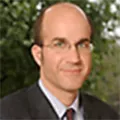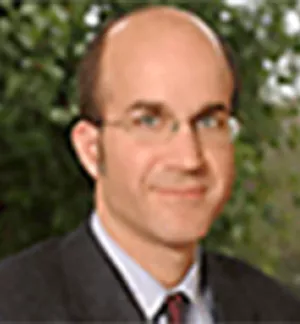Introduction
Change is the global constant. Previous generations coped with change just as we do today. However the pace of change, and the magnitude of uncertainties change creates, are greater now than they have ever been.
In the past, leaders could be content to manage the future. Today, learning from the future is imperative.
In the past, leaders could be content to adapt to change. Today innovation is imperative.
In this special edition of Innovations journal, prepared for distribution at the World Economic Forum on the Middle East 2008, we have compiled three essays and five stories that illustrate what it means to learn from the future, and what it takes to innovate. Together, the insights in this volume trace a path from present challenges toward a future of prosperity, balance, and resilience.
As Klaus Schwab and Pamela Hartigan remind us in their essay, old barriers dividing public and private "sectors" are no longer relevant. Today's social innovators come equipped with a business case. Public and private organizations join in the shared mission of creating value for people in the places that they serve.
Fadi Ghandour calls for partnership as the way forward. Partnership means not just bringing business and government to the same table; it means getting business and government together in the field, engaged jointly in addressing the most urgent public challenges.
We have borrowed our title from a phrase in a letter written by Ibrahim Abouleish when he left Austria for Egypt in 1977 to found Sekem. Ibrahim Abouleish returned to his homeland with a vision of a garden in the desert. Today, that vision has translated into a thriving reality. As Ibrahim and Helmy Abouleish note in the conclusion to their case, opportunities to build literal, and figurative, "gardens in the desert" exist all around us.
- A vibrant school and community resource center serving a disadvantaged neighborhood is a garden in the desert; it is Ruwwad.
- A program on entrepreneurship that creates opportunity for youth that might otherwise have confronted despair is a garden in the desert; it is INJAZ al-Arab.
- An organization that provides financial, health, and educational services to the underserved people of an entire nation is a garden in the desert; it is BRAC.
We hope that you will find in this collection not only information to plan, but inspiration to act. Social entrepreneurs are in all of our communities, innovating and learning from the future.We are all enriched when we learn and innovate with them.
Philip Auerswald is a Founding Co-Editor of Innovations; an Assistant Director and Director of the Center for Center for Science and Technology Policy at George Mason University; and a Research Associate at the Kennedy School of Government, Harvard University. He can be reached at <auerswald@gmu.edu>.
Mirjam Schöning is the Director of the Schwab Foundation for Social Entrepreneurship. She can be reached at <mirjam.schoening@schwabfound.org>.
Both Professor Auerswald and Ms Schöning welcome your comments and proposals for partnership.
Download the entire Special Issue here (.pdf).
Auerswald, Philip and Mirjam Schoening. “Learning from the Future, Innovating in the Present.” Innovations, Middle East 2008
The full text of this publication is available via Innovations.



